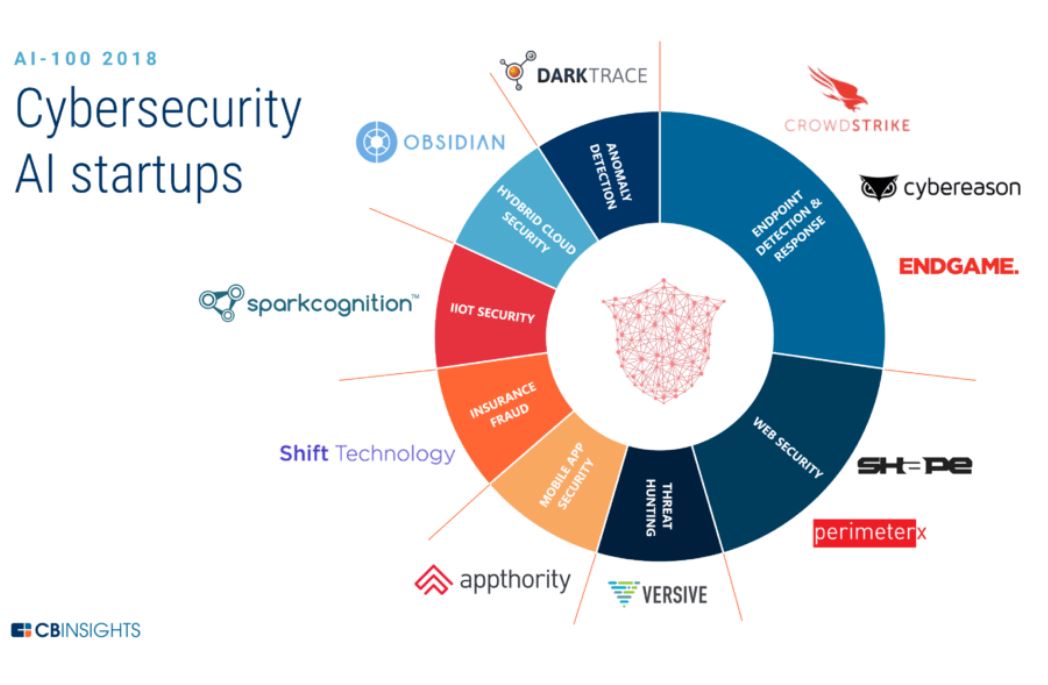The finance industry was hit by a storm a few years ago by the blast that arrived in the form of fintech. Within the last years, fintech has been maturing and evolving incredibly fast, with emerging technologies that have the potential to change the industry substantially like blockchain and artificial intelligence (AI).
Below you can find few trends and use cases, of present and future, where the impact of AI on finance is observed:
Enhanced security
The increased security that is possible to reach by adding AI solutions is considered to be one of the main reasons that make a larger number of financial firms contemplate to implement it. By combining the use of machine learning algorithms and AI, the finance firms that adopt these solutions are able to analyze a large volume of data, with no particular issues to scale if the amount of data increases, and conduct automated risk assessments, detect suspicious transactions and behaviour, as well as prevent possible cyber attacks. In this chart you can see some of the best cybersecurity AI startups that are around at the moment:
Source: CB Insights, AI 100: The Artificial Intelligence Startups Redefining Industries
More effective asset management
AI is turning out to be the next asset management industry disruptor. Think about adding both automation and deeper insights into customers behaviour and spending patterns, that can bring to predict future money management decisions and to make investment recommendations. Not bad, right?
Nick Hungerford, CEO of a well known online investment management firm called Nutmeg, summarized it well here: “I think the biggest change is that people are going to receive financial help before they even know it […] It’s a combination of big data and artificial intelligence. We’re going to be able to be more intelligent about people’s spending habits, their health, their lifestyles. [We’re] going to get more effective at predicting what they’re going to need for different scenarios of spending and saving – when people are likely to get married when you are likely to have a baby, etc. So in five years, we should be really good at giving people financial advice before they even realize they need it.”
New generation customer service providers – chatbots
We have seen appearing chatbots everywhere in the past few years, but with AI a new generation of smarter ones is now coming. One very practical thing that chatbots can do is to answer customer queries, diminishing the work for customer services representatives. But it’s not only about that. Some other uses, for financial services firms, with these chatbots, are: updating customer accounts, taking direct buy/sell orders from social media channels, remind customers about upcoming payments deadlines and monitor the clients’ credit scores.
Automatization and cost optimization
Automation is obviously a huge category that comprehends in part also the other things mentioned above. Nevertheless opportunities with AI are considerable, not just in finance, but in most industries. The streamlining of administrative tasks, with a connected substantial saving on the costs attached, that will be possible with visual identification of documents and customers, is something that has a great appeal for all the organizations. Practical examples could be: documents verification, loans and insurance check and approvals, automated generation of financial reports, expenses tracking automation, etc.
To sum up, every industry must take into account that as data value increases significantly, the most important tool to help to remain competitive, is data science. AI and machine learning is already a reality for hi-tech companies and finance disruptors, and it is only a matter of time when AI will be used to make your life easier on the daily basis.

